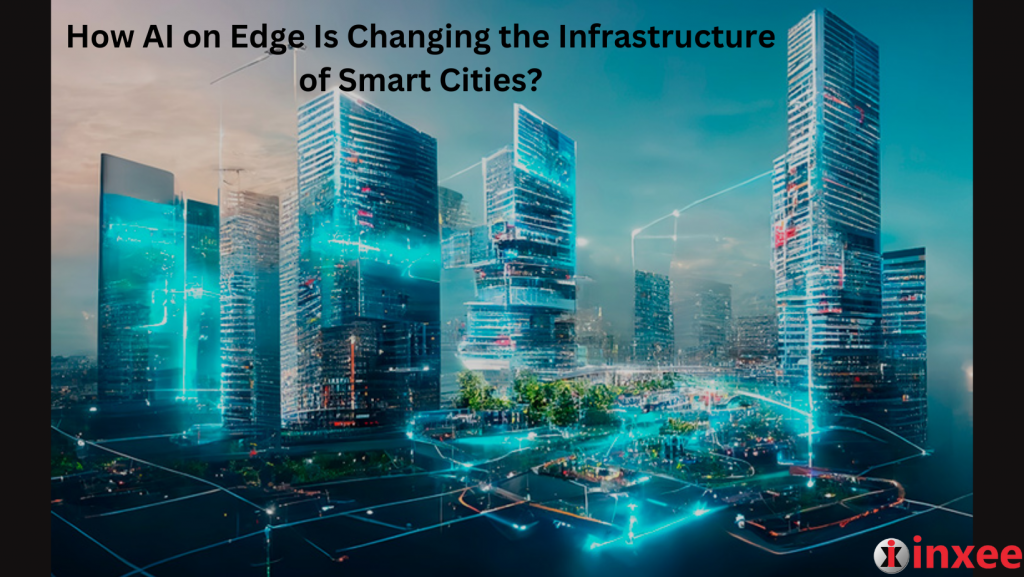How AI on Edge Is Changing the Infrastructure of Smart Cities?
AI on edge is revolutionizing the infrastructure of smart cities by bringing advanced intelligence and real-time analytics closer to the data source. With AI on edge, the processing and analysis of data occur directly on the edge devices, such as sensors, cameras, and IoT devices, rather than relying on centralized cloud servers. This shift is transforming smart cities in several ways.
Firstly, AI on edge enables real-time decision-making within smart city systems. By processing data locally at the edge, smart city infrastructure can respond instantly to changing conditions, improving efficiency and effectiveness. For example, traffic management systems can quickly adjust traffic signals based on real-time traffic patterns, optimizing traffic flow.
Secondly, AI on edge reduces latency in smart city applications. Instead of sending data to the cloud for processing and analysis, edge devices can perform computations locally. This is crucial for time-sensitive use cases like autonomous vehicles, where split-second decisions are required. With AI on edge, smart cities can achieve near-instantaneous response times, ensuring the smooth operation of critical systems.
Moreover, AI on edge optimizes bandwidth usage. By processing data locally, edge devices transmit only relevant insights rather than large volumes of raw data to the cloud. This reduces network congestion, lowers data transfer costs, and ensures efficient utilization of available bandwidth.
AI on edge also enhances privacy and security in smart cities. Since data processing occurs locally, sensitive information can be kept within the city’s boundaries, mitigating potential privacy risks associated with transmitting data to the cloud. Edge devices can also incorporate robust security measures to protect data and prevent unauthorized access.
In summary, AI on edge is changing the infrastructure of smart cities by enabling real-time decision-making, reducing latency, optimizing bandwidth usage, and enhancing privacy and security. This paradigm shift empowers smart cities to operate more efficiently, respond quickly to changing conditions, and improve the overall quality of urban life.










Leave a Reply